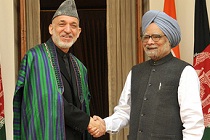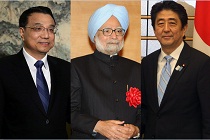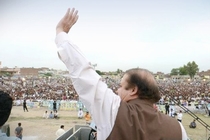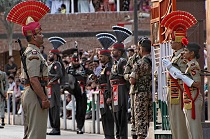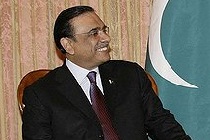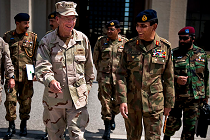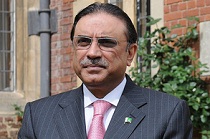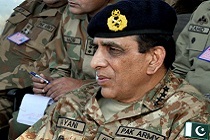Kabul Diary: Discovering the Indian connection
Kabul Diary is a compilation of experiences and observations by Gateway House’s Rajeshwari Krishnamurthy, who is visiting Afghanistan. In her second entry, she writes about the omnipresence of the ‘India’ factor and the goodwill that New Delhi has in Kabul.

